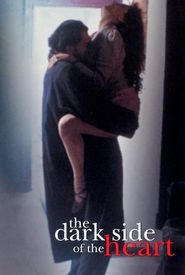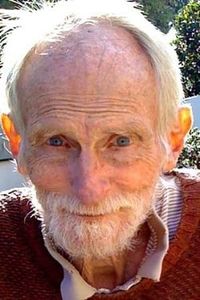Clotilde Acosta, better known by her stage name Nacha Guevara, is a renowned Argentine singer-songwriter, dancer, and actress born on October 3, 1940, in Mar del Plata, Buenos Aires province. With a career spanning several decades, she has made a significant impact in the avant-garde movement, the underground scene, and the world of musical theater.
Guevara's journey in the arts began in the 1970s, when she trained as a dancer and actress alongside poet Mario Benedetti and musician Alberto Favero. She discovered her talent for singing and became a symbol of the avant-garde movement at the Instituto Di Tella in Buenos Aires, a pioneering center for visual and theater experimentation at the time.
As a singer-songwriter, Guevara gained recognition for her unique style, which blended her own compositions with parodies and tunes by renowned artists such as Boris Vian, George Brassens, Tom Lehrer, and Argentine writers like Julio Cortázar, Jorge de la Vega, and Ernesto Schoo.
In the mid-1960s, Guevara adopted her stage name, "Nacha," as a family tradition, and "Guevara" due to a "problem of identity" before Che Guevara became well-known. Her pivotal work, "Nacha sings Benedetti," showcased her talent for adapting poems to music, alongside her musical partner and husband, Alberto Favero.
Guevara's big break came in 1973 with the revue "Las mil y una Nachas," which earned her critical acclaim and recognition from audiences. However, her success was short-lived, as she was forced to exile herself to Peru and later Mexico in 1974, threatened by the Triple A death squad.
Despite the challenges she faced, Guevara continued to build a successful career in Mexico, Cuba, and Spain, performing in various cities, including New York, Chicago, and La Habana. She eventually returned to Argentina and continued to act in numerous films and television shows, solidifying her reputation as a talented actress.
In the 1980s, Guevara made a comeback to her native country and starred in the Argentine musical "Eva," which was later redone in 2008 and renamed "Eva, the great Argentinean musical." Her extensive musical career has been realized throughout the world and over several decades, cementing her status as a legendary singer-songwriter.
In recent years, Guevara has won recognition for her acting prowess, participating in films and TV shows such as "Alas, Poder y Pasión" and "El Lado Oscuro del Corazón," where she plays the symbolic character of Death, a character who is in love with the hero and harasses him, trying to take him to the other side.























